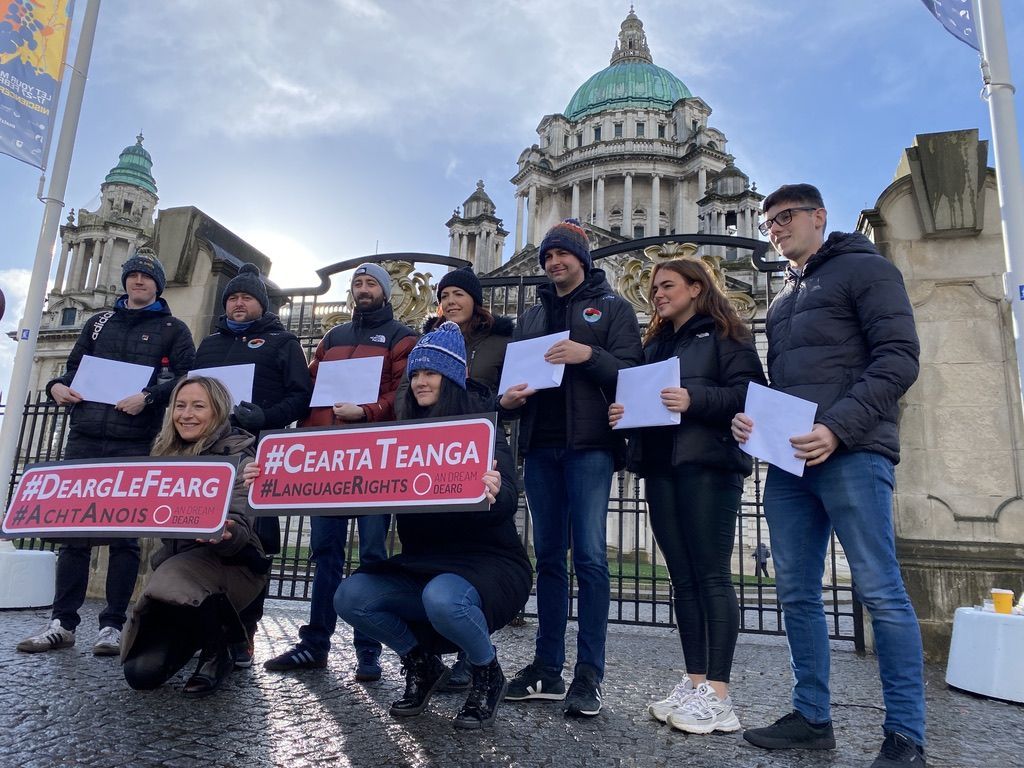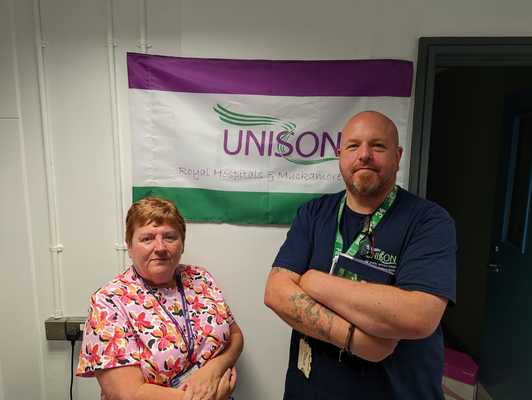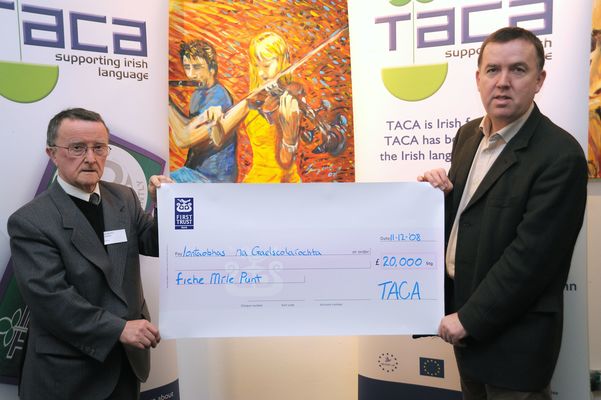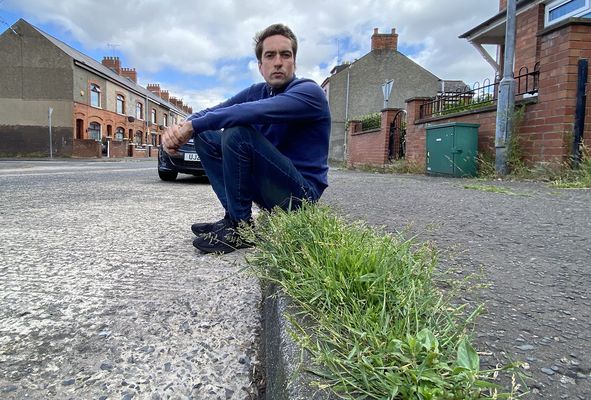BELFAST City Council received more dual language street sign applications in five days this week than in it did between 1998 and 2021.
It comes following the implementation of a new council policy, which makes it easier for residents to apply for, and obtain, a bilingual sign for their street.
At the time of writing (Tuesday) the Council received 290 applications since its new policy went live on Friday (15 July). Under the old policy, there were just 186 applications in the prior 24 years (1998-2021).
The Council received a whopping 265 applications on the first day of the new policy alone.
The policy, which councillors first voted for in 2020, allows the process for erection of bilingual signage in any given street to begin following an expression of interest by resident(s) or councillor, with a percentage of 15 per cent of residents required to carry the change.
It formally overturned DUP-designed policy, introduced in the 1980s, which required 33 per cent of the eligible electorate in a Belfast street to sign a petition to begin the process. Previous policy also required two-thirds majority for a bilingual street sign to be erected, whereas non-returned letters and ‘Don’t Care’ responses are considered as votes against.
Pól Deeds, CEO of the Irish language organisation An Droichead, said the new policy "removes barriers" for residents who want a bilingual signage.
"Not only does it remove barriers, but it has wider benefits for he perception of Irish and the confidence of Irish speakers in feeling recognised by the state," he said.
"In the initial stages you may see some opposition to it in certain predictable quarters, but I think people will quickly realise that this is not a threat to anybody else's identity."
An Droichead ar set to launch an awareness campaign to encourage residents, particularly those in the Ormeau and Short Strand areas, to apply for a dual language street sign.
"We're aware that there are a lot of Irish language enthusiasts in this part of the town, but some of them might be in streets where one or two other people share those cultural interests," he said.
"If those people feel isolated or feel this may be a difficult process to go through then we want to reassure them. We also want to reassure other residents that this isn't going to be something that is forced upon them."
If you need help with a dual language application contact eolas@androichead.com








